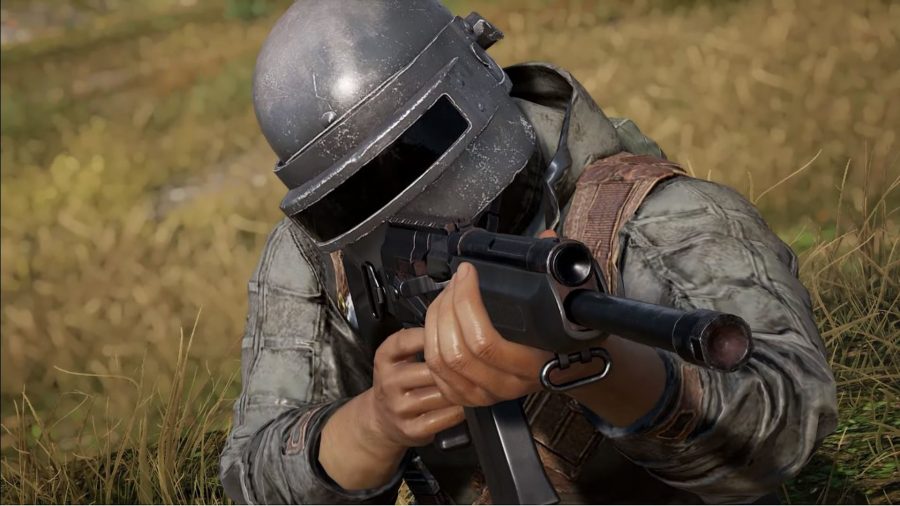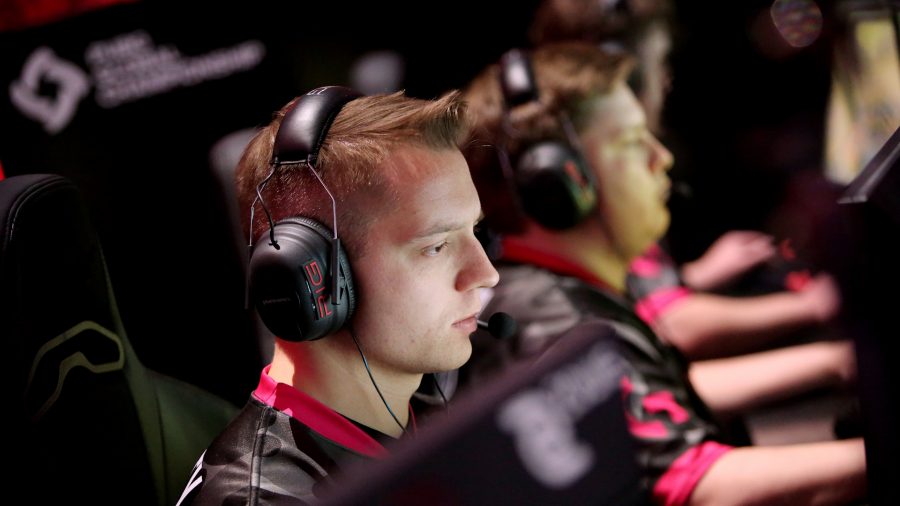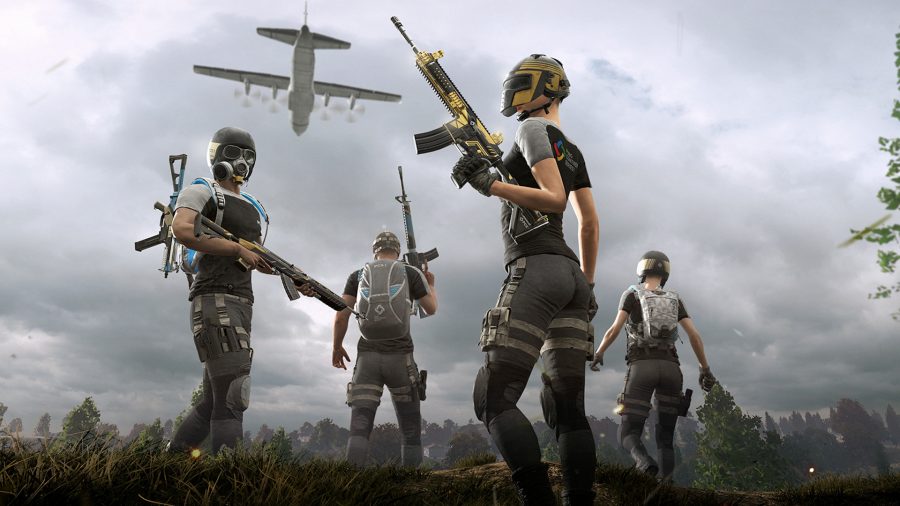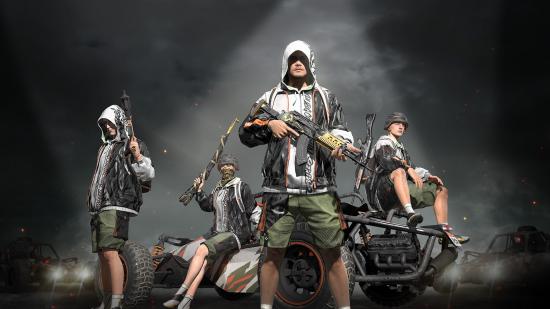PlayerUnknown’s Battlegrounds has had a rough ride in the esports scene. Despite lofty ambitions and early large-scale tournaments, PUBG has hit many a speed bump with its professional scene over the years, forcing the company to overcome and adapt.
PUBG esports has seen as many lows as highs. Although it’s just come off the back of a tumultuous year in which organisations left the scene for good, revenue sharing programmes were botched, and key stakeholders predicted it was on its last legs, it’s still standing.
By honing in on the things that matter, PUBG Corp has helped breathe new life into the scene. A online league, known as the PUBG Continental Series, now plugs the gap left by COVID-19 and it’s working. So to understand the method behind the madness and the process of the last couple of years, we sat down with PUBG esports project manager Michael Sung, the man who’s been leading the charge in South Korea for the last two years.
The Loadout: It seems like PUBG esports is having quite the year with the success of the Continental Series. Can you explain the reasons behind hosting yet another PCS event?
Michael Sung: At the start of the year, it was our goal to continue holding global events, however, due to the ongoing COVID-19 situation, we had to pivot to the PUBG Continental Series – an online competitive event. Like all new things, we were hesitant to see how fans would react initially, however, we’ve received nothing but overwhelming support. Given the success and appetite, we felt that we could continue having more events – helping further ensure our commitment to building a strong and sustainable esports foundation.
Why do you think this year has been so successful?
In 2019, it was the start of us building our esports foundation. Building something from the start is always the hard part, but evolving it is the fun part. I believe that is where we are at this year, we are evolving it while taking a lot of key learnings into account. Outside of that, I think PUBG as a game has a lot to do with it. It is a game of many variables. Many teams compete at the same time, and there are a lot of random factors based on the blue zone and geographic features. These variables are unique strengths to PUBG esports and help make it successful.
We have also helped our fans to better understand the play and progress of PUBG esports by improving the spectating environment, including the team feeds, player voice transmission, players’ statistical analysis, and live scoreboard.
I personally think that the appeal of PUBG lies in the narrative that each match provides. From hot drops to looting, to competing for the best locations, and fighting to be the last man standing, the tension just continues to build up until the very last moment.

Looking back over PUBG’s esports journey, it’s had its highs and lows. What was the biggest takeaway from last year in helping you shape the direction for 2020?
There was no precedent for esports in the battle royale genre, so we had to be pioneers. We’ve built a structure for professional teams and partners – and learned a lot along the way.
We have made a lot of progress in terms of viewer experience, we’ve invested in broadcast technology, which includes frequent exposure of the scoreboard by applying real time API. We are now also re-broadcasting major moments during matches and broadcasting the players’ communication during matches.
Not only that, but we’ve established a battlegrounds esports system that covers the whole world. Last year, we held many global events, such as PUBG Nations Cup and PUBG Global Championship, which received a lot of support from PUBG fans from all over the world. Based on this experience, we established a new esports structure in 2020. Instead of the regional league format, we switched it to a short-term global event format. Fans have found it fun to watch, and it has been beneficial for professional teams as well
How much has COVID-19 affected your plans for this year?
We wanted to provide something that PUBG esports fans could enjoy at this current time. As it was our goal to continuously hold many global events this year, we had to completely change our existing plan due to the COVID-19 pandemic.
It was important to transition into an online tournament model during this time to ensure the safety of all involved, and the result is PCS – a new structure that is also optimized for each region. Once the situation changes again, we will investigate a fast adjustment.

Looking back on last year, organisations pulled out and personalities criticised the future of the scene. How did you deal with that internally and how much did you learn from that experience?
As a general statement, we’re always looking to get better as an organization in everything we do. As mentioned earlier, there isn’t really a precedent for esports in the battle royale genre, so we had to be pioneers. I think we laid down a good foundation in 2019 and had a lot of successes. At the end of the year, we took some time to examine what went well and what could have been better, and a lot of 2020 is based off of that.
The Pick’Em Challenge is indicative of this. It was something we introduced last year during PGC and had a lot of success with. We brought it back this year, but also addressed some of the concerns from last year about it only benefiting the top teams. It is an ongoing cycle.
Once 2020 is over, we will examine what we can do better and seek to evolve and improve.
It seems PUBG esports is operating more transparently as a result – what was the turning point for this?
To put it simply, we’re evolving. Last year, we set the foundation and began to build our esports ecosystem. We had some wins, but also some areas we could improve on. Now, it’s simply a matter of improving and leveraging what we’ve built. You will notice that our social channels and our esports website has gotten quite an upgrade, which makes it easier to communicate with our audience and keep them updated on the latest in PUBG esports.

How much would you say PUBG esports has changed and adapted as a result of that feedback, and would you say you’re now in a better place to tackle problems?
We’ve changed quite a bit and that honestly is a result of a little bit of everything. It is important to take not only internal feedback into account, but fan and player feedback as well. All of that has led to the introduction of PCS, where we have upgraded PUBG esports for our fans.
We have also had a chance to expand and bolster the Pick’Em Challenge and Esports Tab. Through activities like these, we are able to strengthen the link between esports and in-game. We have indeed learned a lot over the past years and hope to grow even further in the future.
